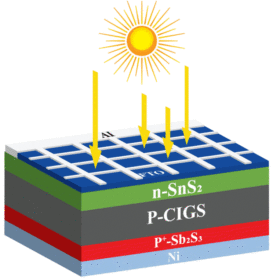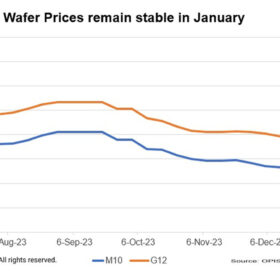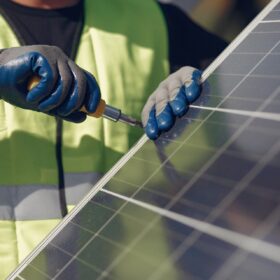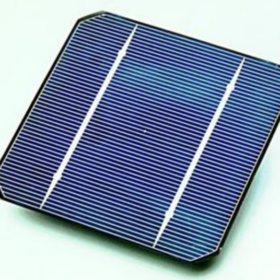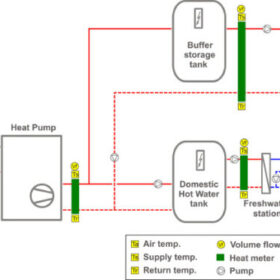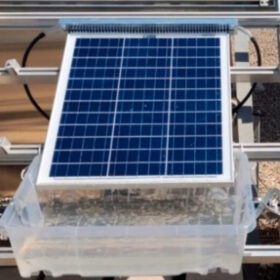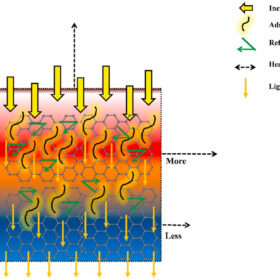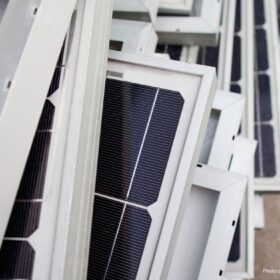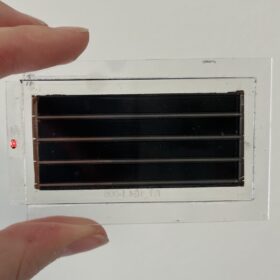New CIGS solar cell design with antimony trisulfide promises 31.15% efficiency
The novel solar cell uses antimony trisulfide (Sb2S3) as the back surface field (BSF) layer. According to its creators, this layer can be included in conventional CIGS solar cells to improve their efficiency and reduce the absorber material’s cost.
Wafer prices stable ahead of Chinese New Year festivities
In a new weekly update for pv magazine, OPIS, a Dow Jones company, provides a quick look at the main price trends in the global PV industry.
Best practices for end-of-life PV management
SolarPower Europe says it expects some of the European Union’s solar fleet to reach end-of-life (EoL) status within the next decade. Its new report outlines sustainable methods for handling EoL solar panels.
New anti-reflective coating for silicon solar cells
Developed by an international research group, the novel anti-reflective coating is based on silicon dioxide and zirconium dioxide. It reportedly minimizes a solar cell’s reflection loss, while enhancing its light absorption properties.
How to combine residential heat pumps with PV, battery storage
New research from Germany’s Fraunhofer Institute for Solar Energy Systems (Fraunhofer ISE) has shown that combining rooftop PV systems with battery storage and heat pumps can improve heat pump efficiency while reducing reliance on grid electricity.
Photovoltaics for wastewater disinfection
Researchers in Spain have developed a new system that simultaneously produces PV power and disinfects wastewater.
Reducing PV module temperatures with graphene
New research from Malaysia has shown the limitations and potential of all solar module cooling techniques based on graphene. The scientists said that high costs and graphene treatments are the main challenges to overcome.
Sharp unveils 580 W TOPCon solar panel with 22.45% efficiency
Sharp’s new IEC61215- and IEC61730-certified solar panels have an operating temperature coefficient of -0.30% per C and a bifaciality factor of over 80%.
US secondary market for PV modules offers low-cost buying opportunities
EnergyBin has reviewed pricing comparisons and trends in the US secondary market for solar panels.
Canadian startup offers 35%-efficient indoor perovskite PV modules
Canada’s Solaires Entreprises says its indoor perovskite modules are suitable for powering a range of electronic devices, such as wireless keyboards, smart door locks, electronic shelf labels, and sensors.
